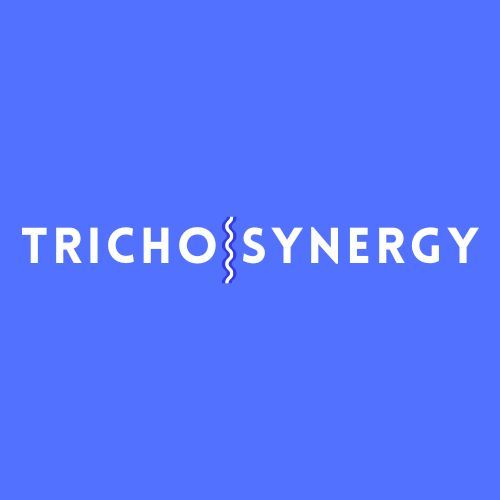Hair Loss During Menopause
The Science of Hair Loss During Menopause

Understanding Hormonal Transitions
Menopause represents a profound biochemical transformation in a woman's body, with hormonal fluctuations triggering complex physiological changes, perhaps most visibly manifested through hair health. This intricate process involves a delicate interplay of hormones, nutritional factors, and cellular mechanisms that directly impact hair growth and retention.
Hormonal Dynamics and Hair Follicle Physiology
During peri-menopause and menopause, dramatic hormonal shifts occur. Specifically, declining levels of estrodiol and progesterone fundamentally alter hair follicle behaviour. Estrogen typically prolongs the hair's growth phase (anagen phase), promoting thick, robust hair. As estrogen levels diminish, hair becomes more susceptible to thinning and accelerated shedding.
Simultaneously, relative androgen levels can become more pronounced. Testosterone's conversion to dihydrotestosterone (DHT) can trigger miniaturisation of hair follicles, leading to progressively thinner hair strands which is a phenomenon known as androgenic alopecia.
Multifactorial Contributors to Menopausal Hair Loss

While hormones play a primary role, several interconnected factors contribute to hair loss during this transitional period:
Hormonal Imbalance: Disrupted ratios of estrogen, progesterone, and testosterone directly impact hair growth cycles.
Nutritional Deficiencies: Reduced nutrient absorption can compromise hair follicle health, with particular emphasis on:
Vitamin D
Iron
Zinc
Biotin
Thyroid Dysfunction:
Hypothyroidism and hyperthyroidism can significantly disrupt metabolic processes affecting hair growth.
Physiological Stress:
Menopausal symptoms like hot flushes and sleep disturbances can trigger Telogen Effluvium, a condition causing synchronised hair shedding.
Diagnostic and Management Strategies
Professional assessment is crucial for addressing menopausal hair loss. Comprehensive evaluations typically include:
Hormone level testing
Thyroid function screening
Nutritional panel analysis
Scalp and hair follicle examination
Intervention Approaches
Hormone Replacement Therapy (HRT): Can stabilise hormone levels and potentially mitigate hair loss.
Topical Treatments: Minoxidil offers promising results by stimulating follicular blood flow and extending growth phases.
Nutritional Optimisation:
Vitamin D supplementation (recommended daily intake: 10µg/400iu)
Balanced diet rich in essential nutrients
Potential targeted supplementation
Stress Management: Techniques like yoga and meditation can help modulate physiological stress responses.
Emerging Scientific Perspectives
Recent research highlights the complex interactions between hormonal transitions and hair health. Understanding these mechanisms allows for more targeted, personalised interventions that address individual biochemical profiles.
Key Insights
Vitamin D plays a critical role in hair cell division and hormonal balance
Testosterone-to-DHT conversion significantly impacts follicular health
Early professional intervention can substantially improve hair retention outcomes
Practical Recommendations
Regular hormonal and nutritional screenings
Consultation with trichology specialists
Holistic approach integrating medical, nutritional, and lifestyle interventions.
Menopausal hair loss represents a nuanced biological process influenced by multiple interconnected systems. By understanding the underlying scientific mechanisms, women can develop proactive, personalised strategies to maintain hair health during this transformative life stage.
Professional guidance remains paramount in navigating these complex physiological transitions, ensuring comprehensive and individualised care.
For more information on your menopausal health I highly recommend Hormone Specialist Dr Louise Newson:
https://www.drlouisenewson.co.uk/
"We are passionate about healthy hair"
Hair loss treatments for patients in and around London. Providing TrichoSynergy personal consultations and hair treatments.
Don't despair! Call to find out how we can help...
At TrichoSynergy we diagnose the cause and provide bespoke treatments for each of our patients.
Happy Healthy Hair Blog











